|
The role of a teacher is to transfer knowledge to their students and to help them develop certain skills and abilities. On the other hand, a coach has to support and motivate its pupils by listening, asking questions and challenging them. Although these roles seem different, what if a teacher applied the rules of coaching into the classroom and became a motivator as well? This concept was fundamental during the new edition of the course “Emotional intelligence and coaching inside the school and educational context” that took place in Bologna from 13/02/2022 to 18/02/2023. The participants came from all across Europe, with Lohja Upper Secondary School - Kaisa-Mari, Sari, Heidi (Finland), IES ANTONIO GARCÍA BELLIDO - Alicia, Susana (Spain), OÜ Hispaania Maja - Liis (Estonia) Educational Pathways - Aleksandra, Slavica, Milorad (Serbia), Oberschule zum Dom Lübeck - Dorett (Germany), HBO Verpleegkunde Genk - Atlas College Genk 7 vzw - Denise, Huguette (Belgium), Dunakeszi Széchenyi István Általános Iskola - Ágnes (Hungary) The first topic discussed in the course was Emotional Intelligence. This term indicates the ability to recognize not only our own feelings but also other people’s emotions, in order to be aware of ourselves and our surroundings. A teacher that is emotional intelligent is capable of understanding its students’ emotions and therefore create a connection with them and help them in managing their feelings. Coaching means motivating and influencing someone else to be the best version of themselves. In order to improve our skills it is necessary to learn how to set a goal, specifically a SMART goal. Participants were asked to set SMART goals for themselves and follow the guidelines of them being specific, measurable, achievable, realistic and time bounded. Another coaching skill that is essential inside every workplace, including a classroom, is the ability to manage conflict. In this case self-awareness and control of our own emotions are fundamental in order not to let a conflictual situation escalate. Conflicts don’t have to be necessarily negative, on the contrary they can also lead to growth and positive outcomes. A Coach has to help its students to create a dialogue and support them in finding a solution to the problem. It is important to remember though that the role of the coach in not to suggest a solution, but to be a guide in the analysis of the conflict, in the decision making and in the evaluation of their behavior. Another topic tackled during this course was the power of questions. Questions have the ability to promote thinking and self-reflection, to create constructive answers and to motivate actions and the development of ideas. This is why in this course the participants explored the concept of building learning-focused questions by starting with an invitation to engage, proposing a content to think about and underlining a cognitive focus for thinking and elaborating. This training week allowed the participants to share their common experiences and to learn from their different cultural backgrounds, while also improving their coaching skills and learning how to apply them in their classrooms. The participants shared their experience in using coaching techniques in their organizations. They also shared how, in principle, they organize their work in a team and with students. They did a lot of practice on questions and tried to hold the first coaching session in pairs, which they then sorted out together. Discover more about this course here. |
Welcome to the ELA Blog. Here you will find articles and photos of our courses and have a look at the topics addressed during the week in Bologna, Palermo and Tenerife. You will also have the chance to take a peek at our projects and check out what we have been up to.
Archives
July 2024
Categories |
-
Course catalogue
- 2023-2024 course catalogue
- Soft Skills >
- ICT and New Technologies >
- Inclusion and Diversity >
-
Innovative Teaching Methods
>
- Innovative teaching methods discovery
- Non-formal education teaching methods
- Dual education and work-based learning
- Teaching leadership and entrepreneurship
- Project based learning
- Game based learning and gamification
- Green skills
- Outdoor education
- Outdoor education trekking edition
- Promoting creativity and critical thinking
- Languages and EU projects >
- Preschool >
- Erasmus Plus KA1
- What we do
- About us
- Locations
- Blog
- Contact us
 English
English български
български Čeština
Čeština Español
Español Français
Français ελληνικά
ελληνικά Italiano
Italiano Polski
Polski Português
Português Română
Română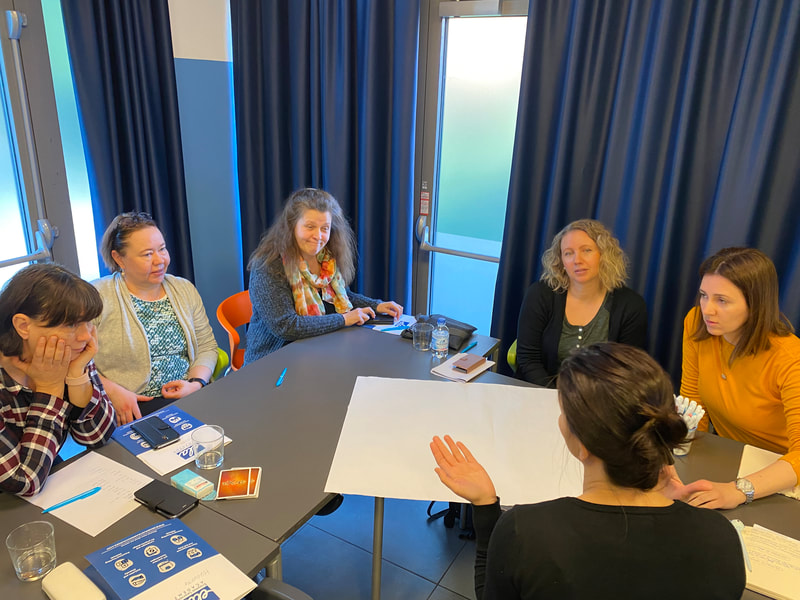
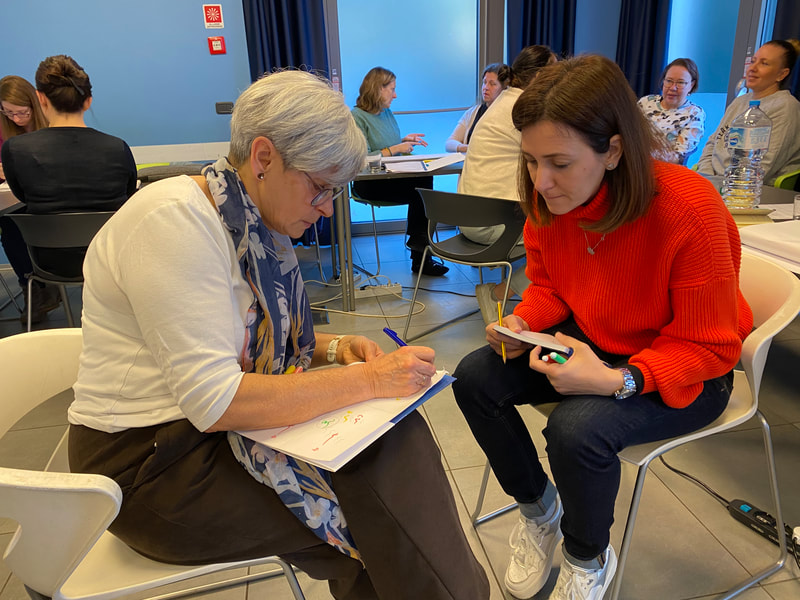
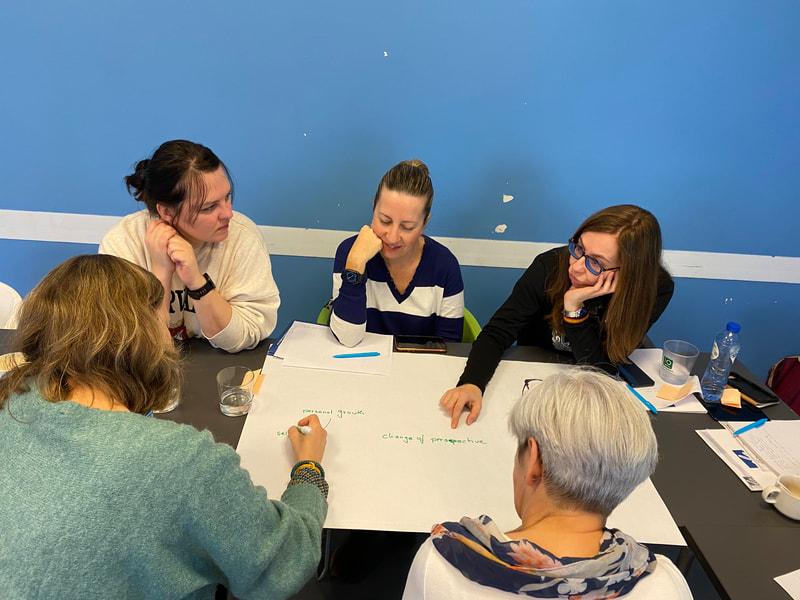
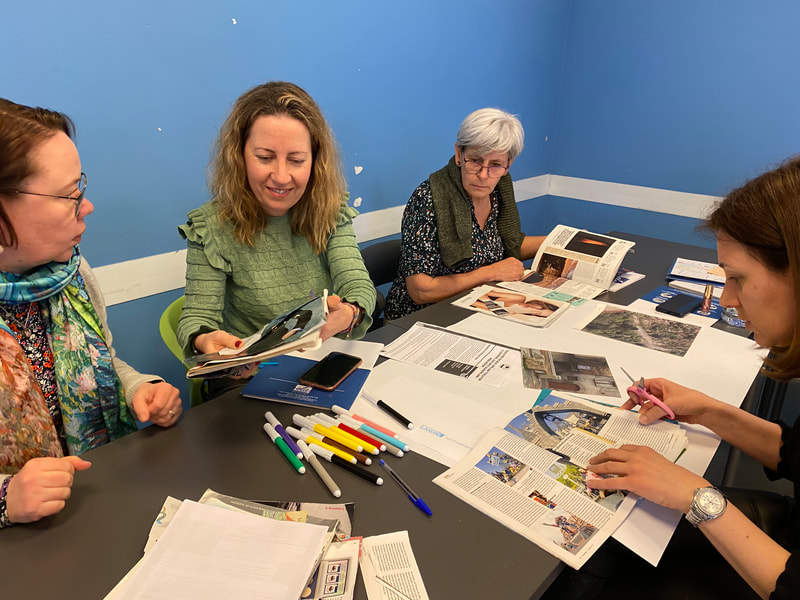
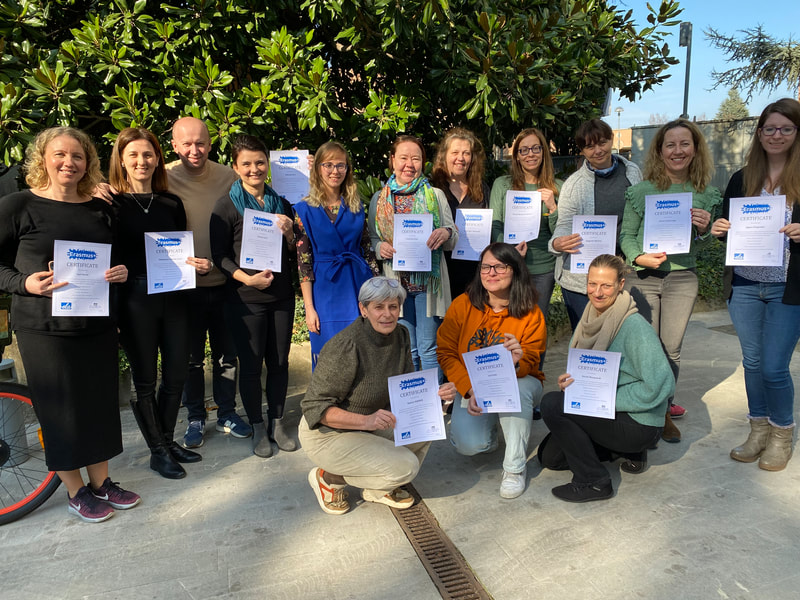
 RSS Feed
RSS Feed









